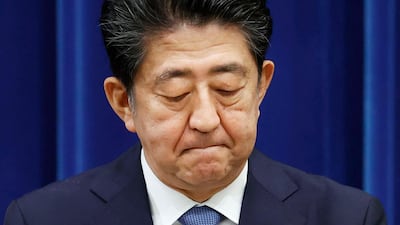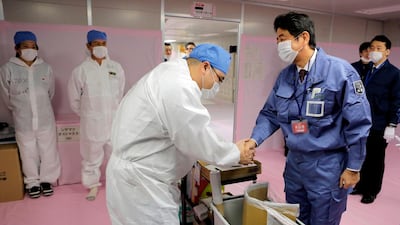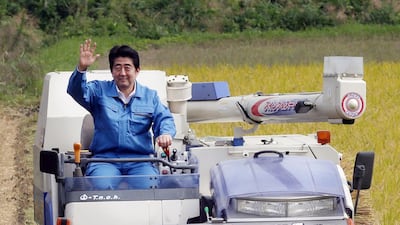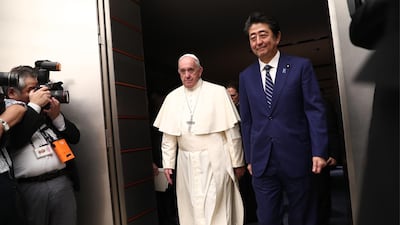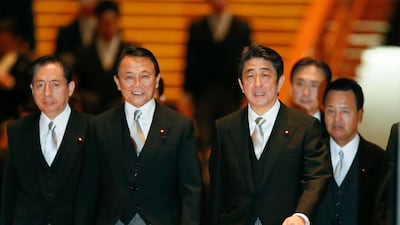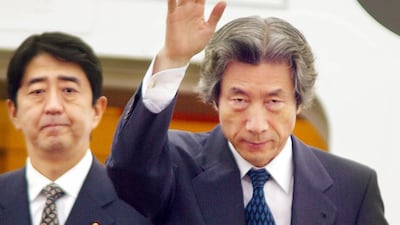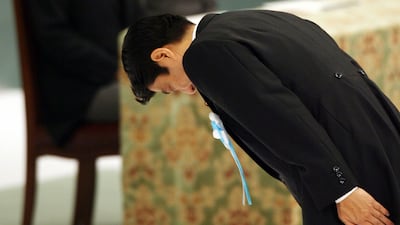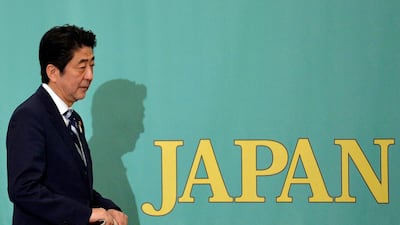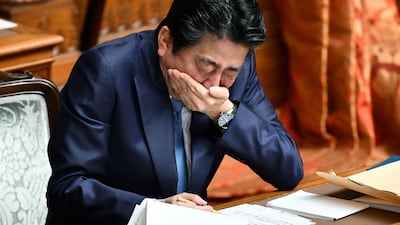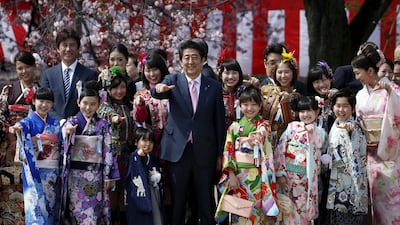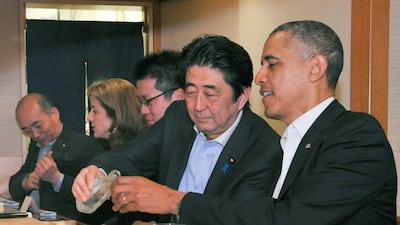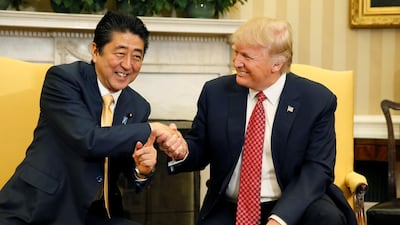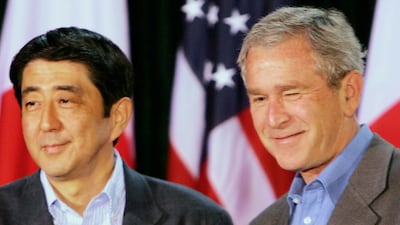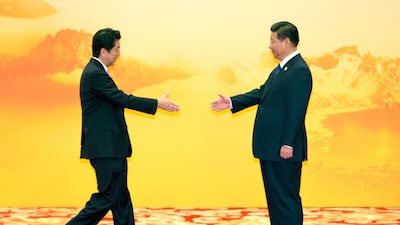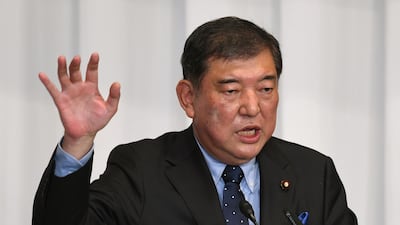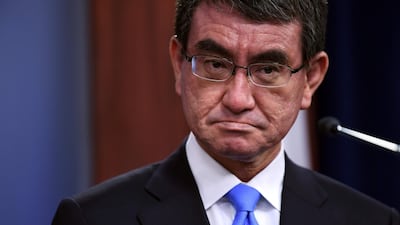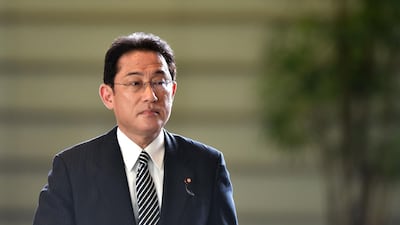Japan's Prime Minister Shinzo Abe announced on Friday that he will resign over health problems, in a development that kicks off a leadership contest in the world's third-largest economy.
"I have decided to step down from the post of the prime minister," Mr Abe told a press conference, saying he was suffering from a recurrence of the ulcerative colitis that ended his first term in office.
He said he was receiving a new treatment for the condition, which needed to be administered on a regular basis which would not leave him with sufficient time to discharge his duties.
"Now that I am not able to fulfil the mandate from the people with confidence, I have decided that I should no longer occupy the position of the prime minister."
Mr Abe, 65, is expected to stay in office until his ruling Liberal Democratic Party can choose a successor, in an election likely to take place among the party's lawmakers and members.
There is no clear consensus on who will succeed him, with likely candidates including Finance Minister Taro Aso and chief cabinet secretary Yoshihide Suga.
Mr Abe, who stepped down as prime minister just one year into his first term in 2007, offered his apologies for the second resignation.
"I would like to sincerely apologise to the people of Japan for leaving my post with one year left in my term of office, and amid the coronavirus woes, while various policies are still in the process of being implemented," Mr Abe said, bowing deeply.
Despite reports of poor health, Mr Abe's decision comes as "a big surprise", Shinichi Nishikawa, a professor of political science at Meiji University in Tokyo, told Agence France-Presse.
"His resignation comes at a time when Japan is facing tough issues, including measures against the coronavirus," Mr Nishikawa said.
"There may be political confusion."
Mr Abe on Monday broke Japan's record for longest consecutive tenure as premier after taking office for a second time in 2012. His current term is due to expire in September next year.
______________
Who could succeed Shinzo Abe as Japan's prime minister?
______________
His first stint as prime minister from 2006 to 2007 was cut short due to ulcerative colitis, an intestinal disease that can cause stomach pain, diarrhoea and extreme fatigue.
The Liberal Democratic Party leader has been under fire for his handling of the coronavirus pandemic and scandals among party members, with his support falling to one of the lowest levels since 2012.
The prime minister has also seen his signature "Abenomics" economic policy come under increasing strain, with the country already slumping into recession even before the coronavirus crisis hit.
Still, experts had said there was little appetite within the Liberal Democratic Party for Mr Abe to depart early, especially as there is no consensus yet on his successor.
And with Japan's fragmented opposition so far unable to capitalise on the government's falling approval ratings, there had appeared to be little immediate pressure on him to step down.

